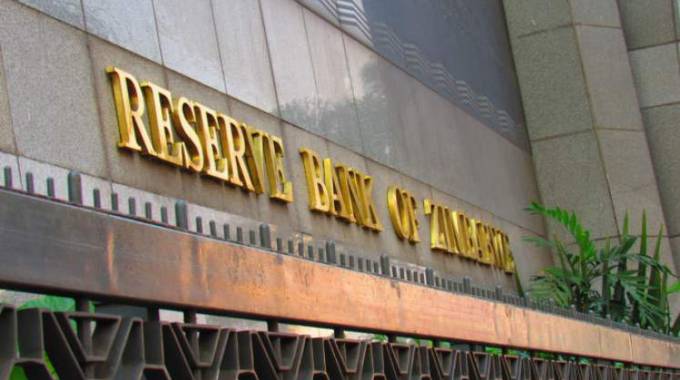
The Sunday Mail

Golden Sibanda
RESERVE BANK OF ZIMBABWE (RBZ) plans to clear the foreign currency auction backlog by month-end after missing the June deadline that had been set by Government.
In an interview with The Sunday Mail Business, RBZ Governor Dr John Mangudya said he was confident “there would be no more backlog on the auction by the end of July”.
“We are working tirelessly to make sure we quickly settle the backlog at the auction. We should be able to accomplish that by the end of this month; I am confident there would be no more backlog on the auction by the end of July,” he said.
Industry says the backlog could be around US$300 million.
Since inception of the auction on June 23, 2020, more than US$3,3 billion has been extended to support key imports for raw materials and machinery.
Earlier in May, President Mnangagwa directed the apex bank to clear the backlog.
Government also made a raft of policy interventions, including a temporary ban on bank lending, which has since been lifted, to arrest local currency volatility and tame surging inflation.
However, Dr Mangudya made assurances that the bank would do everything possible to clear the backlog by end of July and ensure approved bids that match available forex.
“Going forward, as directed by His Excellency, the bank will make sure that we only auction foreign currency that is immediately available to the bank to prevent a build-up of the backlog, which has not been matched by the liquidity flows.”
Asked whether the marked reduction in allotments on the auction was a reflection of foreign currency constraints, Dr Mangudya said while the bank was adjusting allocations to match available forex, some importers were also not adequately funded to buy US dollars.
“Who do you think can borrow at these interest rates?
“We have a tighter monetary policy designed to stem the growth of liquidity, which is also being used for speculative purchases of foreign currency and causing volatility.”
In trying to rein in inflation, the central bank recently hiked the policy rate to 200 percent from 80 percent previously.
The bank used to allocate an average of US$45 million weekly to importers, but the figure has come down to an average US$25 million.
Since liberalising the exchange rate in February 2019 when the local currency was reintroduced, the Zimbabwe dollar was last week trading at US$1/$376 on the interbank and about US$1/$700 on the parallel market.
Speculative trading of foreign currency and equities, including general lack of market confidence owing to lingering fears over hyperinflation, are some of the reasons driving local currency volatility.
Zimbabwe’s annual inflation rate surged to 191,6 percent in June from 131,7 percent in May.
However, rising inflation, like in many parts of the world, is largely being driven by disruption of global supply chains and rising prices caused by the war in Ukraine.
The Confederation of Zimbabwe Industries (CZI), however, believes the foreign currency auction backlog puts pressure on the parallel market, “as companies look for alternative markets of foreign currency in a bid to fill the void created by the backlogs.”
“Successive failure to clear the backlog as promised dents the credibility of corrective policy announcements,” CZI said.
CZI president Mr Kurai Matsheza recently said industry’s capacity utilisation rose to 56,3 percent last year on improved forex availability, but noted the continuous failure to settle allotments in time on the auction system could reverse gains made in the manufacturing sector.
Zimbabwe raked in a record US$9,7 billion in forex earnings last year and expects a US$12 billion haul this year.



